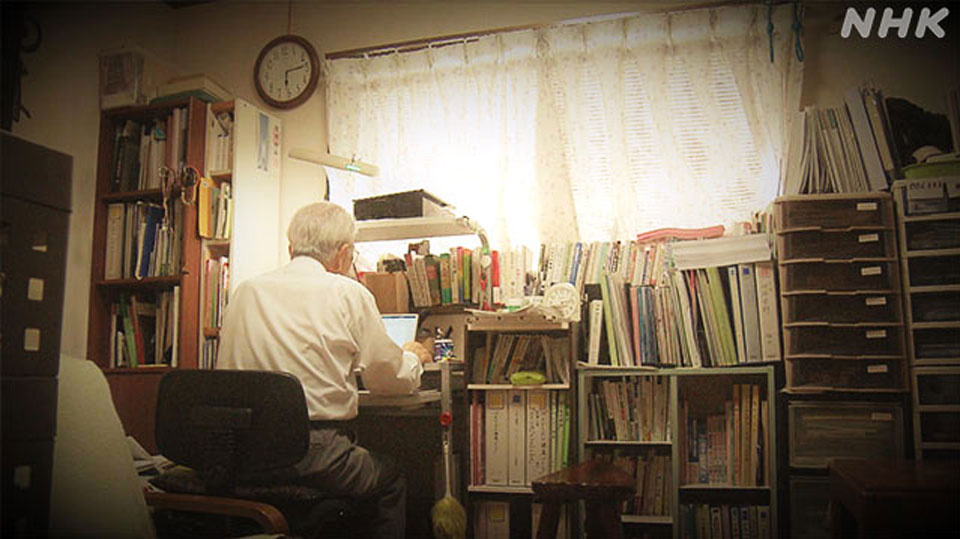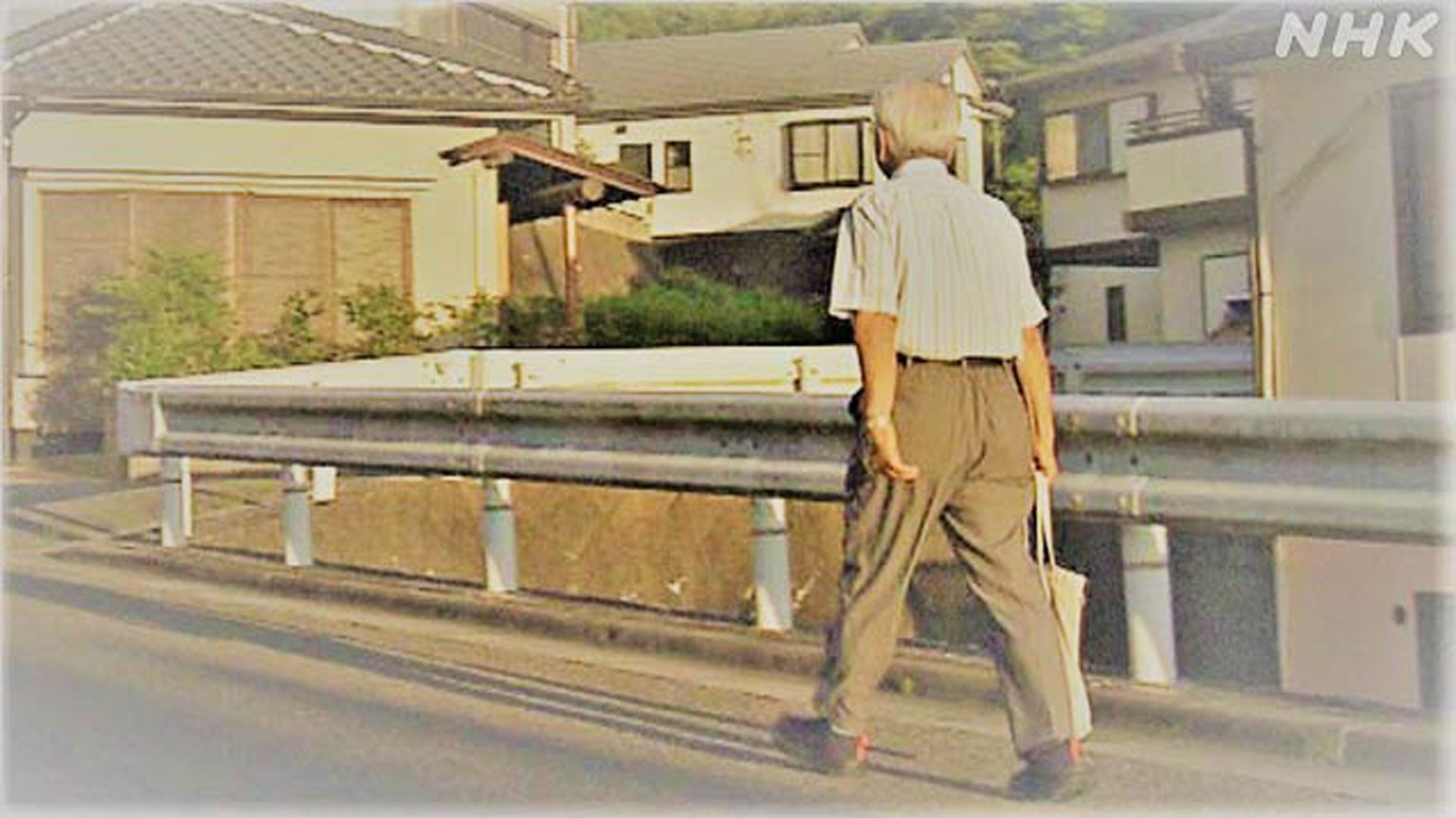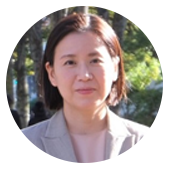Iida was just three years old on August 6, 1945 — the day when life changed forever. He was living in his mother's hometown, Hiroshima, after his father had been killed in the war in Okinawa. Their home was just 900 meters from the hypocenter.
The blast robbed his mother and sister of their hair and skin. Their bodies turned black, and they both died of necrosis.
"For a while, my mother replied when I called out," he says. "But then she stopped, no matter how often I tried. The atomic bomb took away everything I had."
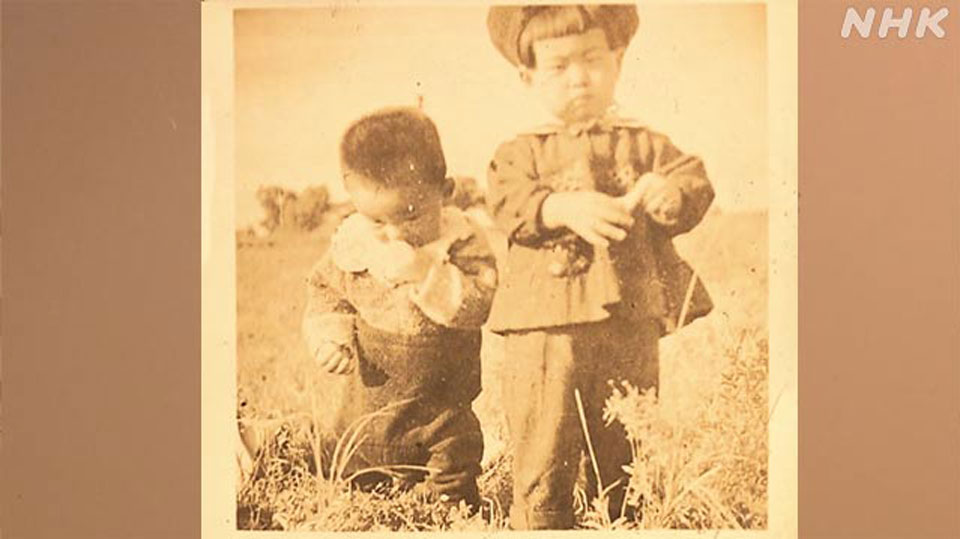
A life of ill health
The blast thrust shards of glass into Iida's own body, and the wounds took seven years to close. He always suffered headaches and dizziness, and was woefully short on energy. Oftentimes, he would just while away the days lying down.
School was a struggle both academically and physically. He always came last in running races, and couldn't even play jump rope.
"My teacher told me I wasn't good at studying, so I had to use my spare time to catch up," he says. "I never imagined I would not be able to join any club activities."
But Iida did not give up, and his grades dramatically improved. At one point, he was one of the worst-performing students, but he eventually graduated top of the class. After that, he enjoyed a long career as an engineer.
Sharing his story
In his early 70s, after retirement, Iida started sharing his life story with students and foreign tourists as an official witness of the bombing.
"The push to abolish nuclear weapons had lost momentum," he says. "So I wanted to use the time I have left to convey what actually happened. I felt an energy welling up inside me."
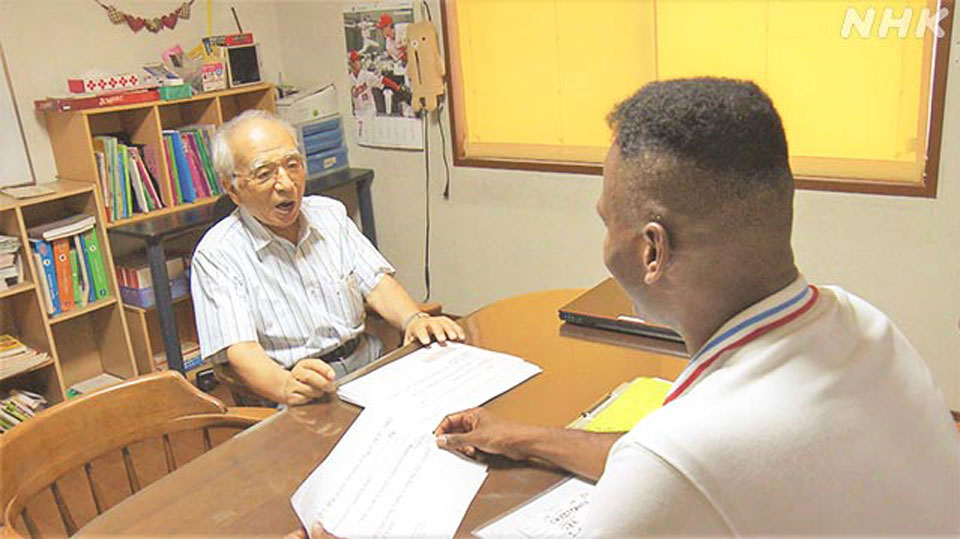
These days, Iida delivers as many as 20 speeches a month. To ensure he can communicate his message effectively, he frequently attends an English conversation class.
One day, Iida spoke about a fire that tore through a reinforced concrete building after the blast. His American teacher responded by explaining the word "incinerate."
Iida then pulled out his dictionary — only to realize that he had been taught "incinerate" already. Yes, forgetfulness comes with age. But age has not dimmed Iida's determination one bit.
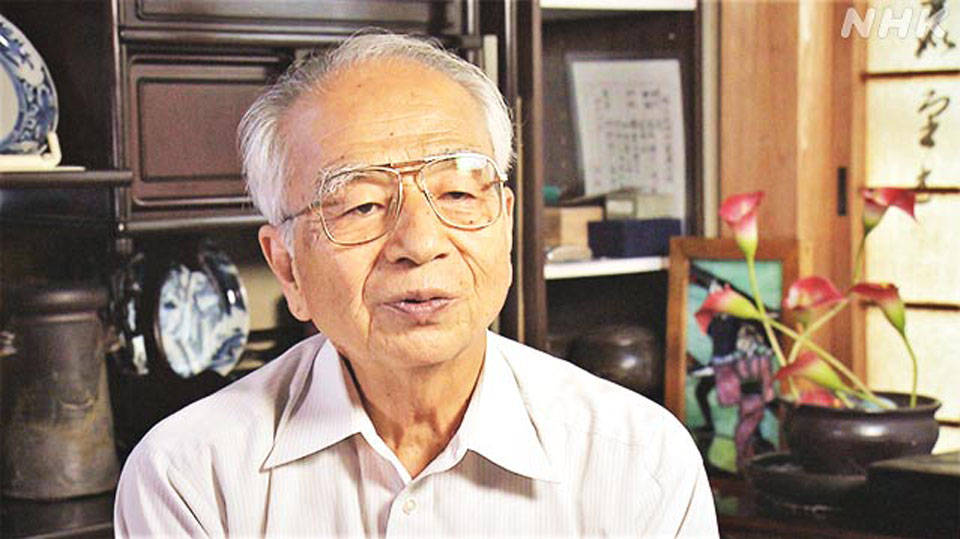
Seizing the moment
In May of this year, the world's gaze was on Hiroshima when the city hosted the G7 summit. Iida was keenly aware that fewer foreigners had been visiting because of the coronavirus pandemic, and he was desperate to seize the moment.
He created a leaflet in English, detailing the horrors he experienced. He wrote about those who died near the hypocenter, and about the children who became orphans just like him.
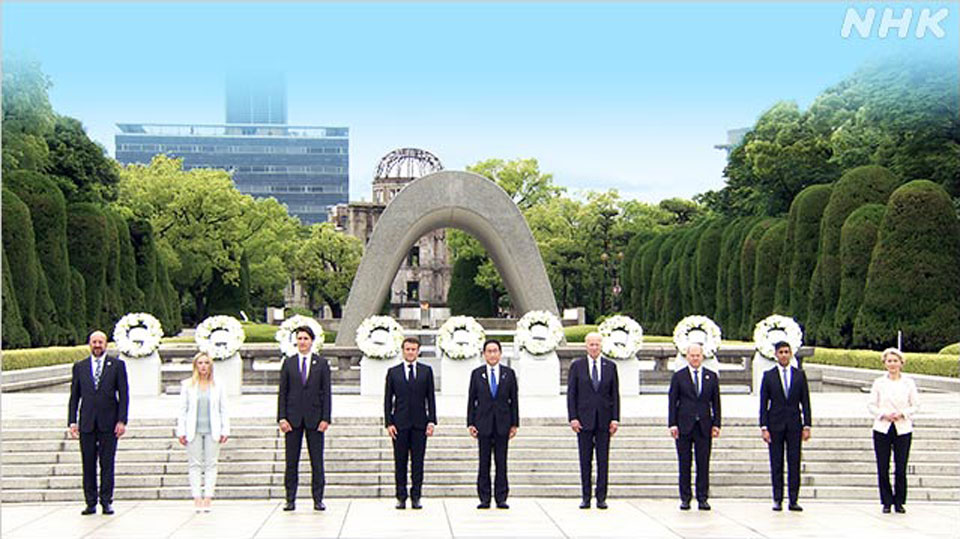
Come rain or shine, you'll almost always find Iida in the Peace Memorial Park in his spare time. And he'll be carrying a backpack full of his leaflets, ready to hand out to foreign tourists.
Many are surprised to hear him utter the words, "I am an A-bomb survivor." He makes sure to speak slowly.
"I was three years old. My mother and my sister died. Near the hypocenter, everything was destroyed."
And then: "I believe abolishing nuclear weapons is the only way to world peace."
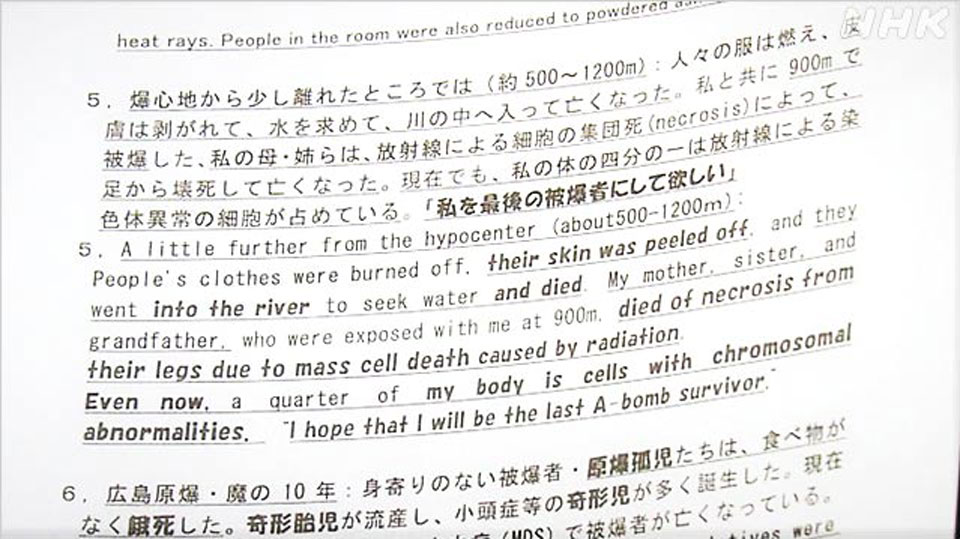
2,000 faces and counting
Iida says he has spoken to more than 2,000 visitors from Japan and abroad. And those interactions appear to be making a lasting impression.
"It's wonderful that he shares his experience with us. We need to remember this tragedy," says one visitor from Denmark.
Another from Australia says, "'It was great to meet him at the age of 81. No one wants war, let alone nuclear weapons."

Iida's body is ravaged by illness these days, including tumors in the thyroid and brain. How long will he carry on? For as long as he possibly can.
"My only mission now is to convey the reality of the atomic bombings, and link them to the abolition of nuclear weapons. I'll always do my best, even if I have to do less of everything else."
